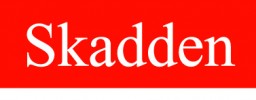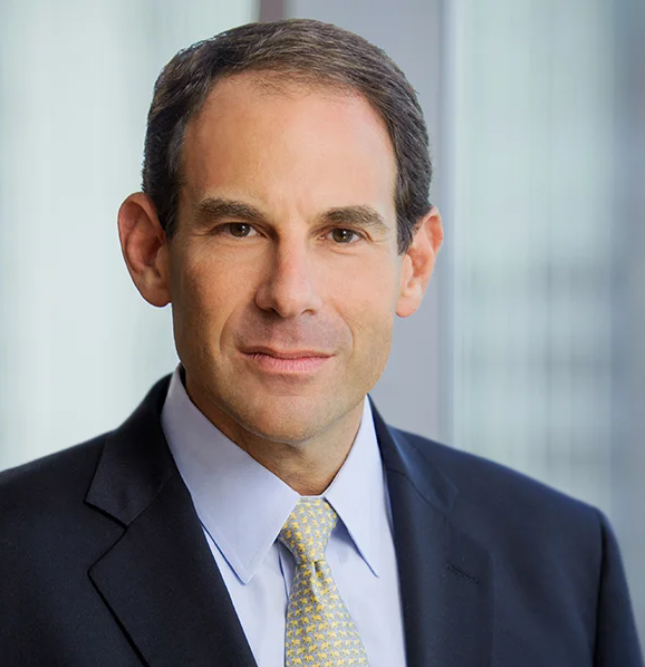On August 30, 2023, the U.S. Copyright Office published a notice of inquiry and request for comment (Notice) in connection with its ongoing study of the copyright law and policy issues raised by artificial intelligence (AI). As discussed below, the Copyright Office is exploring a wide range of issues, including whether changes are required to certain fundamental copyright principles to adapt to AI. Comments are due to the Copyright Office by October 18, 2023.
Public Comment
The stated purpose of the Notice is to collect “factual information and views relevant to … copyright law and policy issues raised by recent advances in generative AI.” The Notice states that the Copyright Office intends to use the information to advise Congress on the current state of the law, to identify unresolved issues in the space and to evaluate potential areas for congressional action. The Copyright Office also notes that it may use the collected information to inform its regulatory work and provide resources to the public. Although the Notice mentions both generative and nongenerative AI uses, the Copyright Office appears to be particularly interested in issues related to generative AI.
The Copyright Office seeks comment on a number of issues, with a focus on the following four areas:
- The use of copyrighted works to train AI models.
– The Copyright Office acknowledged the “disagreement” about whether and when the use of copyrighted works to develop datasets for training AI models (in both generative and nongenerative systems) constitutes infringement. To address this uncertainty, the office is seeking information about the collection and curation of these AI datasets, how datasets are used to train AI models, the sources of materials ingested into training AI models, whether such materials are retained, and whether to require permission by and/or compensation for copyright owners when their works are included in AI training sets. Regarding the latter point, the office seems particularly focused on the practicalities of a permission or compensation system, including whether an “opt out” approach might work and whether a compulsory licensing scheme — as exists in certain other areas of copyright law — is feasible.
– Regarding the question of fair use, the Copyright Office notes the Supreme Court’s recent decisions in Google v. Oracle America and Andy Warhol Foundation v. Goldsmith and asks how the ‘“purpose and character’ of the use” prong of the fair use test should be applied when evaluating the use of copyrighted works in training…







